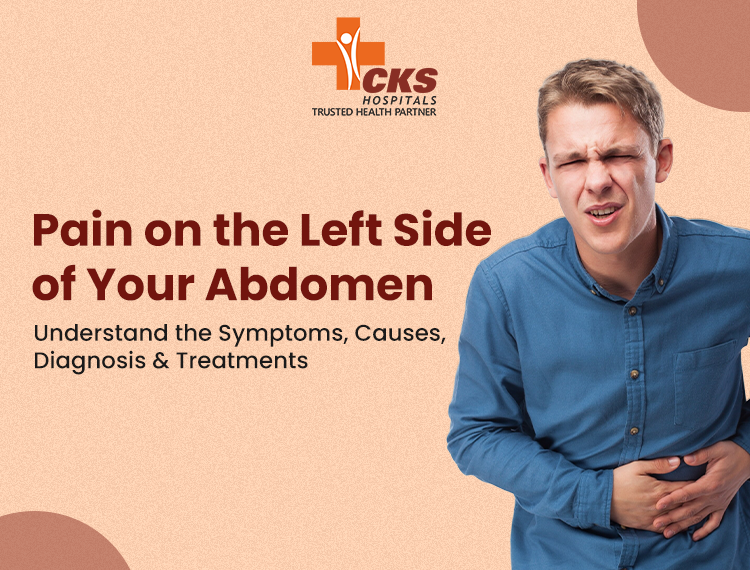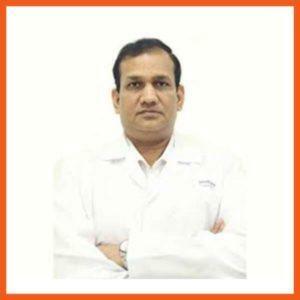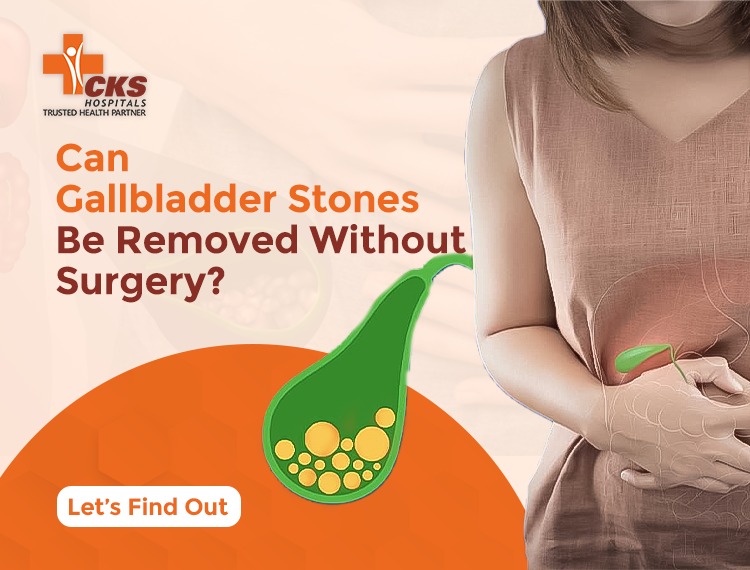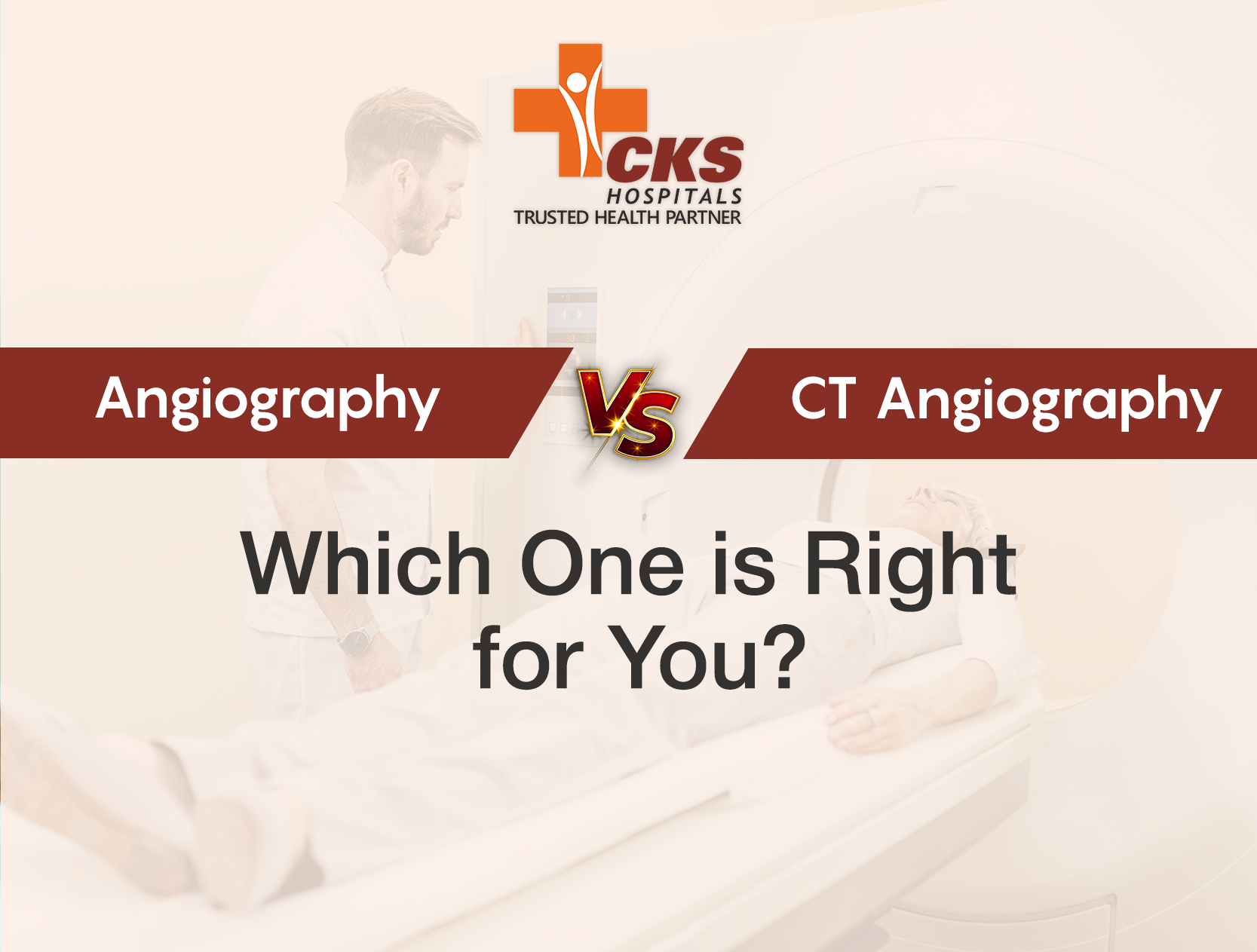A Complete Guide to Non-Alcoholic Fatty Liver Disease
Fatty Liver Disease, characterized by the accumulation of fat in liver cells, is a prevalent health concern with a rising global incidence. In this blog, we will delve into understanding Fatty Liver Disease, exploring its causes and risk factors, identifying symptoms and diagnostic methods, discussing potential complications, highlighting preventive measures and lifestyle changes, exploring available treatment options, and offering insights into the crucial role of diet and nutrition. Let’s navigate this informative journey to empower individuals in managing and preventing Non-Alcoholic Fatty Liver Disease effectively.
Understand What is Non-alcoholic Fatty Liver Disease
Non-alcoholic fatty liver disease covers various liver conditions marked by fat buildup in non-alcohol-consuming individuals. Starting as a benign fatty liver (steatosis), it progresses to non-alcoholic steatohepatitis, displaying inflammation and possible liver harm. NAFLD’s ties to obesity, insulin resistance, and metabolic syndrome raise concerns, given its rising global occurrence. Fatty liver disease involves various conditions characterized by fat gathering in the liver. Factors like obesity and metabolic issues frequently play a role in its onset.
What are the Causes and Risk Factors of Non-alcoholic Fatty Liver Disease
Here are the causes and risk factors of Non-alcoholic Fatty Liver Disease.
- ● Excessive Weight: Particularly abdominal obesity, escalates fatty liver disease risk.
- ● Insulin Resistance: When cells resist insulin, it leads to higher blood sugar and liver fat buildup.
- ● Type 2 Diabetes: Impaired insulin function in diabetes heightens fatty liver disease susceptibility.
- ● Metabolic Syndrome: High blood pressure, cholesterol, abdominal fat, and insulin resistance collectively elevate fatty liver disease risk.
- ● Unhealthy Habits: Poor diet, sugary drinks, and sedentary living contribute to fatty liver disease.
- ● Genetic Predisposition: Some genetic factors increase fatty liver disease vulnerability.
- ● Medications: Certain drugs like corticosteroids and specific antivirals may contribute to NAFLD.
- ● Other Health Issues: Conditions like sleep apnea and polycystic ovary syndrome (PCOS) can heighten fatty liver disease risk.
These factors, either alone or combined, significantly increase the chance of developing non-alcoholic fatty liver disease.
What are the Symptoms and Diagnosis options of Non-Alcoholic Fatty Liver Disease?
Symptoms of Non-Alcoholic Fatty Liver Disease Symptoms
Non-Alcoholic Fatty Liver Disease often progresses asymptomatically initially but may later exhibit various signs, including:
- ● Fatigue
- ● Unexplained weight loss
- ● Abdominal discomfort or pain
- ● General weakness
Diagnostic Approaches for Non-Alcoholic Fatty Liver Disease
Multiple methods aid in fatty liver disease diagnosis:
- ● Blood tests: Measure liver enzyme levels (ALT, AST).
- ● Imaging studies: Ultrasound, MRI, or CT scans to assess liver fat content and detect abnormalities.
- ● Liver biopsy: Provides definitive confirmation via microscopic examination of liver tissue.
- ● Emphasis on Routine Check-ups: Asymptomatic individuals may have fatty liver disease, stressing the need for regular screenings. It is especially for high-risk groups like those with obesity, diabetes, or metabolic syndrome. Timely detection helps prevent disease progression and associated complications.
Complications of Fatty Liver Disease
- ● Non-alcoholic Steatohepatitis (NASH): The transition from NAFLD to NASH signifies an escalation in liver inflammation and potential tissue damage, often resulting in the development of fibrosis or scarring within the liver, affecting its functionality.
- ● Liver Fibrosis: Continuous inflammation characterizing NASH leads to the accumulation of scar tissue (fibrosis) in the liver, progressively impairing its ability to function optimally over time.
- ● Cirrhosis: Advanced stages of liver fibrosis might culminate in cirrhosis, where extensive scarring replaces healthy liver tissue, causing severe impairment in liver function.
- ● Liver Failure: Cirrhosis can advance to liver failure, significantly hampering the liver’s vital functions, and potentially necessitating a liver transplant in critical cases.
- ● Heightened Liver Cancer Risk: Individuals with NAFLD or NASH face an increased risk of developing liver cancer, specifically hepatocellular carcinoma.
- ● Cardiovascular Implications: NAFLD’s association with cardiovascular diseases, including heart attacks and strokes in such situations you need to be concerned a heart doctor in Jaipur, arises from shared risk factors such as obesity and diabetes.
- ● Metabolic Complications: Fatty liver disease intertwines with metabolic disorders, potentially leading to complications like type 2 diabetes and dyslipidemia.
- ● Impact on Other Health Conditions: in fatty liver disease systemic effects might contribute to or exacerbate additional health issues such as kidney disease and sleep apnea.
Understanding these complications underscores the critical need for early diagnosis, lifestyle adjustments, and medical intervention to effectively manage or prevent the progression of fatty liver disease and its associated health risks.
Also Read – 10 Common Gastrointestinal Diseases
Prevention and Lifestyle Changes
- ● Dietary Adjustments: Encouraging a well-balanced diet with reduced sugar and saturated fats, while emphasizing the inclusion of fruits, vegetables, and whole grains, plays a pivotal role in managing weight and fostering optimal liver health.
- ● Weight Management: Gradual yet sustained weight loss, targeting a reduction of 5-10%, significantly ameliorates liver health by curbing the accumulation of fat within the organ.
- ● Regular Physical Activity: Engaging in consistent exercise routines aids in weight management, boosts insulin sensitivity, and effectively reduces the amount of fat stored in the liver.
- ● Insulin Sensitizing Agents: In specific cases under close medical supervision, medications like pioglitazone or vitamin E may be prescribed to enhance insulin sensitivity and alleviate liver inflammation.
- ● Cholesterol Regulation: Controlling dyslipidemia through the use of statins or other lipid-lowering medications can contribute to managing associated fatty liver disease complications.
What are the Treatment Options for NAFLD
Routine Follow-ups and Surveillance
- ● Regular Health Assessments: Consistent check-ups, including comprehensive liver function tests, are vital to monitor disease progression and assess the efficacy of implemented treatments.
- ● Expert Consultations: Collaborating with specialists such as hepatologists and dietitians ensures a holistic approach to treatment planning, integrating personalized strategies for managing fatty liver disease.
Exploration of Advanced Therapies
- ● Clinical Trial Participation: Involvement in ongoing clinical trials investigating novel therapies for fatty liver disease provides opportunities for accessing cutting-edge interventions.
- ● Innovative Treatment Paths: The exploration of potential future treatments, such as specific drug targets or pioneering interventions. Holds promise in enhancing the management of fatty liver disease.
This comprehensive approach, incorporates lifestyle adjustments, targeted medications, vigilant monitoring of risk factors, regular assessments, and potential involvement in research endeavours. Stands as a promising strategy for effectively mitigating and managing the progression of Non-alcoholic Fatty Liver Disease. Seeking guidance and individualized treatment plans at the best gastroenterology hospital in Jaipur remains pivotal in fatty liver disease management.
Diet and Nutrition for Fatty Liver
Here’s guidance on diet and nutrition beneficial for Fatty Liver Disease:
Balanced Diet: Embrace well-rounded, balanced diet rich in
- ● Fruits and Vegetables: Opt for various colorful fruits and vegetables, high in antioxidants and essential nutrients.
- ● Whole Grains: Incorporate whole grains like brown rice, quinoa, and whole wheat bread, offering fiber and nutrients.
- ● Lean Proteins: Include sources like poultry, fish, beans, and legumes, which are low in saturated fats.
Limit Saturated Fats and Sugars
- ● Reduced Sugars: Minimize intake of sugary beverages, processed snacks, and sweets to control blood sugar levels.
- ● Healthy Fats: Opt for unsaturated fats found in olive oil, avocados, and nuts. While limiting saturated and trans fats found in fried foods and processed snacks.
Portion Control and Regular Meals
- ● Moderation: Control portion sizes to manage caloric intake, aiding in weight management.
- ● Consistent Meals: Maintain regular eating patterns to stabilize blood sugar levels and promote steady energy throughout the day.
Hydration and Limitation of Alcohol
- ● Water Intake: Ensure adequate hydration by drinking plenty of water throughout the day.
- ● Avoid Alcohol: Abstain from alcohol consumption, which can exacerbate liver damage in Fatty Liver Disease.
Adopting a diet emphasizing fruits, vegetables, whole grains, lean proteins, and healthy fats while moderating sugar, fat intake, and portion sizes contributes. It Significantly manages fatty liver disease and supporting overall liver health. Consulting a healthcare professional or a registered dietitian for personalized dietary recommendations is advised.
Conclusion
In summary, Non-alcoholic Fatty Liver Disease demands attention due to its increasing prevalence and potential complications. Embracing a healthy lifestyle, including a balanced diet and regular exercise, is crucial for prevention and management. If concerned about Fatty Liver, seek expert guidance at CKS Hospital, the best hospital in Jaipur, ensuring comprehensive care and support.
Also Read Related Blog – About Gastroesophageal Reflux Disease
Recent Posts
- All Posts
- Blog

Read More
Our Speciality
- Cardiology & Cardiac Surgery
- Neurosurgery
- Orthopedics & Joint Replacement
- Urology
- Gastroenterology
- Nephrology & Dialysis
- Bariatric & Metabolic Surgery
- ENT & Head Face Neck Surgery
- Internal Medicine & Critical Care
Explore More
Our Doctors

Dr Prakash Chandwani
(Chief Managing Director) Director & Head Dept of Cardiology

Dr Mahesh Goyal
Director & Head Dept of Allergy Specialist, Asthma & Sleep

Dr Mohammed Sharif
CEO & Global Operations

Dr Ghanshyam Agrawal
Consultant Dept of Neuro Surgeon

Dr Sumit Kamble
Consultant Dept of Neurology
See All Doctors

